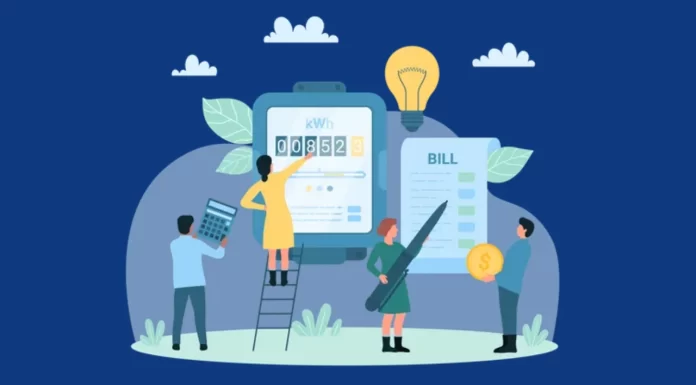With the evolution of Internet of Things (IoT) technology, innovative and highly optimised real-time solutions have become prevalent across various sectors, including the power sector. One such innovation is smart metering, which plays a critical role in monitoring and managing energy distribution and consumption in real-time. As energy prices rise and distribution challenges persist, smart metering offers a solution to alleviate these issues while simplifying operations for businesses.
A smart meter, an important constituent of smart metering, is an advanced electricity meter that provides consumers with real-time data to optimise their electricity usage and reduce bills. Unlike traditional meters, which require manual readings, smart meters automatically relay usage information to both consumers and utility companies. This real-time, data-driven information enables better grid management and helps identify consumption patterns, leading to improved grid performance and service quality.
The transition to smart metering is a significant step toward building a future smart electricity infrastructure in India, spanning generation, transmission, distribution, and consumption. At the consumer level, by providing accurate and timely information, smart meters empower consumers to make informed decisions about their energy usage. This technology not only improves operational efficiency but also contributes to a more sustainable and efficient energy system.
Smart meters offer numerous benefits to consumers, making energy management more accessible and efficient. One of the primary advantages is the elimination of manual meter readings, which saves time and reduces errors. With smart meters, consumers receive accurate electricity and gas bills, reflecting their actual consumption without the need for estimations.
Real-time feedback on energy consumption allows consumers to adjust their usage based on varying energy prices throughout the day. By adapting their energy-related habits, consumers can save money and reduce their overall energy consumption. This increased visibility into energy usage fosters more responsible consumption behaviours and promotes energy conservation.
In India, the adoption of smart metering is largely driven by the need to address widespread power theft and inefficiencies in the existing energy infrastructure. A study published in the International Journal for Legal Research and Analysis found that Aggregate Technical and Commercial (AT&C) losses in India range from 15 to 65 percent, with an average of 34 percent annually. These losses, resulting from illegal tapping into the power supply, have significant economic consequences for energy companies and end consumers.
The Indian government's Advanced Metering Infrastructure (AMI) programme aims to modernise the country's energy grid, introduce prepaid metering, and enhance the profitability of distribution companies. By helping reduce AT&C losses, smart meters can help stabilise the financial health of distribution companies and ensure a more reliable energy supply.
The adoption of smart electricity metering is rapidly progressing in India. The Smart Meter National Programme, launched in July 2021, aims to install 250 million smart meters across the country by 2025. This initiative seeks to improve the financial and operational efficiencies of distribution companies, targeting a reduction in AT&C losses to 12-15 percent by the end of the programme.
This ambitious scheme reflects the government's commitment to modernising the energy sector and enhancing its sustainability. By transitioning to smart metering, the programme aims to create a more resilient and efficient energy grid, capable of meeting the growing demands of the population.
Technological advancements, such as the integration of solar panels, energy-efficient HVAC systems, and smart automation, are driving the evolution of net-zero buildings. These innovations optimise energy utilisation and harness renewable resources effectively. Studies by the World Green Building Council reveal that net-zero buildings can reduce energy bills by 40-50 percent and increase property values by up to 10 percent. The adoption of smart metering is integral to this transition, providing the necessary data and insights to manage energy consumption efficiently.
As India continues its journey towards sustainable urban development, the adoption of net-zero buildings and smart metering emerges as a pivotal strategy. With the country's rapid urbanisation and escalating energy demands, the need to revolutionise building practices has never been more pressing. Developing sustainable communities that integrate green infrastructure and smart metering is essential for addressing the challenges posed by urbanisation.
In all, smart metering is transforming energy management systems by providing real-time data, reducing inefficiencies, and enabling more responsible energy consumption. The Smart Meter National Programme is a critical step towards modernising India's energy grid and reducing AT&C losses. As consumers benefit from accurate billing and real-time feedback, energy companies gain from reduced losses and improved financial stability. The widespread adoption of smart meters is essential for creating a sustainable, efficient, and resilient energy infrastructure in India.








